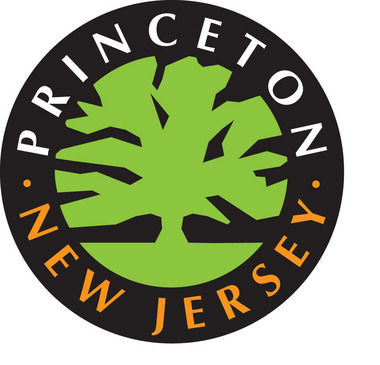By Philip Sean Curran, Staff Writer
A quorum of the Princeton Council met Saturday at Councilwoman Jo Butler’s home in a setting that officials said this week did not run afoul the state Sunshine law since the gathering was a political caucus.
The meeting was of the executive board of the Princeton Community Democratic Organization, the party club, during which time the subject of rezoning land Princeton University owns came up, sources said. Officials said this week it is not out of the ordinary for all seven members of the council to attend those monthly PCDO meetings, as they are all ex-officio members of the club hierarchy.
In this case, Ms. Butler, Mayor Liz Lempert and council members Jenny Crumiller and Patrick Simon attended Saturday, Ms. Crumiller said by phone Wednesday. Attendance at the meeting varies month to month, in terms of which council members show up.
“I probably go to half the meetings,” Ms. Crumiller said in a phone interview.
Mayor Lempert and Mr. Simon could not be reached for comment.
Officials said they are allowed to meet in a political caucus. Asked if Saturday’s meeting was such a caucus, Ms. Butler replied, “I guess it was.”
For her part, Ms. Butler said she would not discuss what was said on Saturday, instead offering that officials gave “municipal updates” on different agenda items they are working on. The issue about the Butler tract, the former Princeton University graduate housing complex, came up at a time when the council is considering rezoning the property, sources said.
New Jersey has the Open Public Meetings Act, or the “Sunshine Law,” that governs meetings of public bodies. As for the PCDO meetings, no official government business is transacted at them, Ms. Butler said. Ms. Crumiller said officials are careful to avoid having deliberations on government business. “We are so attuned to the issue of a quorum,” she said.
Asked if the press should be allowed to attend, Ms. Crumiller said she would be “happy with that.”
Dudley Sipprelle, chairman of the Princeton Republican Party, said Thursday that there is a “lack of transparency” by council members in everything from personnel decisions they make to their dealings with the university. He said no public business should be discussed by the council at a closed meeting of Democratic Party insiders.
“This is so typical and why we need a change in the people who run our government,” he said. “It’s become a club where they can’t distinguish between the public’s business and partisan political business. It’s an inherent conflict of interest.”
Officilals have faced criticism about government transparency.
For instance, Mayor Lempert said late last year that she has had previously undisclosed meetings with Princeton University officials on town-gown business, even though her husband is a university professor.
More recently, the council heard calls that meetings should be public when council members meet with supporters and opponents about having a paid sick leave ordinance for private-sector workers. And last week, online news site Planet Princeton sued the town to force the disclosure of documents related to the operational arrangement between the Princeton Police and the university’s Department of Public Safety.
Ms. Butler said she thought that officials had sought legal advice on the political caucus issue. Ms. Crumiller said she believed that town attorney Trishka W. Cecil was aware that council members participate in caucuses.
Ms. Cecil could not be reached for comment.

